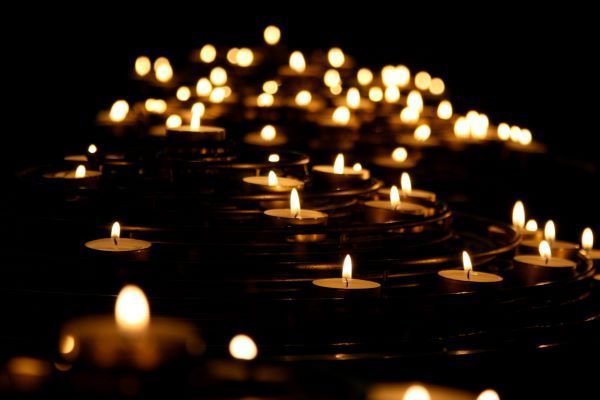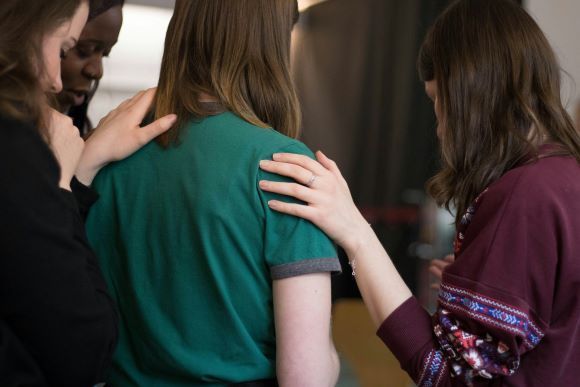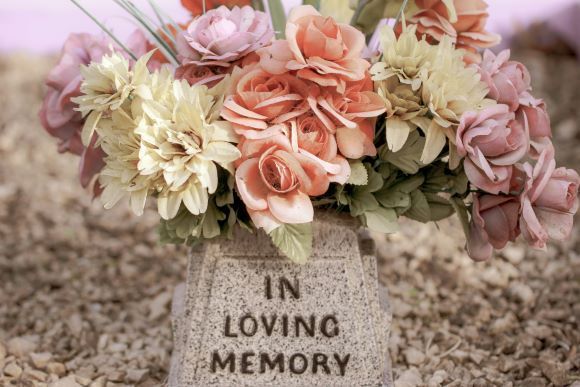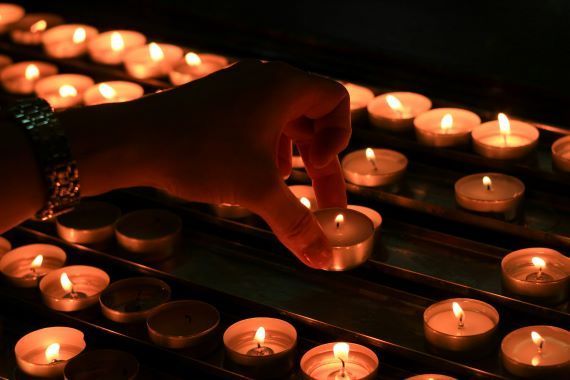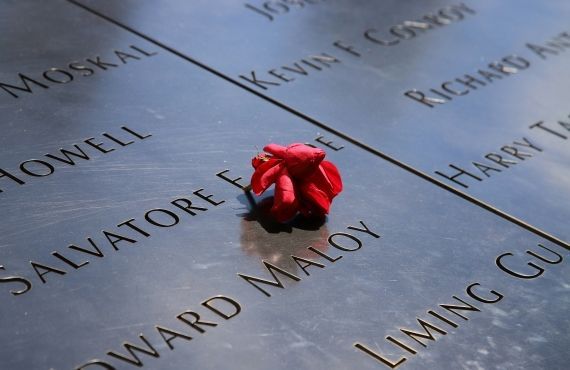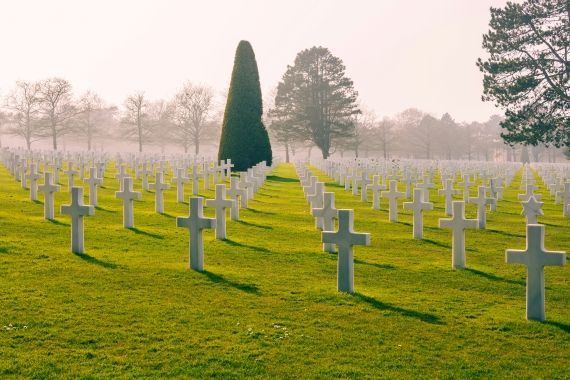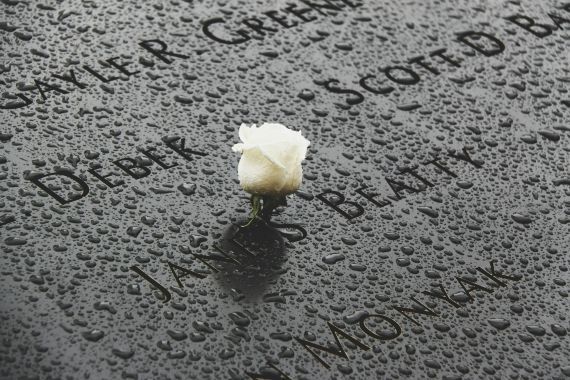163 Main St.
Pennsburg, PA 18073
Fax: 215-679-5782
Blog Layout
How the Pandemic has Affected Funeral Traditions
Falk Funeral Homes & Crematory Inc. • November 9, 2020
The pandemic has changed many things. In the light of social distancing measures, funeral and cremation service traditions have altered as well. Here are a few of the changes.
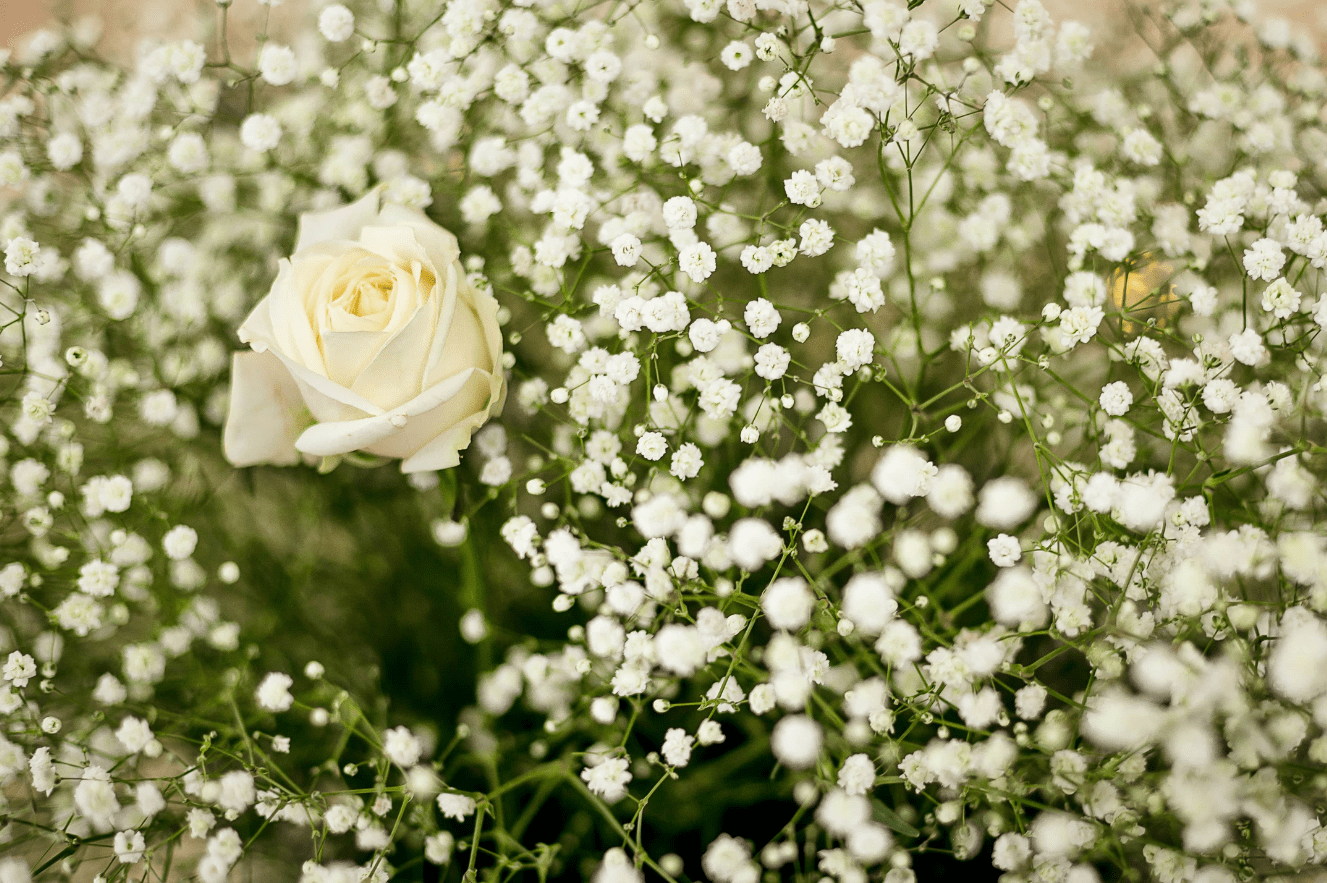
Cremation services Bethlehem, PA, are part of community life. Every facet of human life is affected by the ongoing pandemic and even after-death traditions are not immune to the reverberations of COVID-19.
At a time when the world seems to be at a standstill and strict social distancing measures are in place, people continue to lose loved ones. The corona pandemic couldn’t stop people from arranging funerals for lost beloved ones. Humans can ADAPT and cultures and religions all around the world are adapting centuries-old traditions to honor lost loved ones.
Let’s discuss innovations in the funeral traditions of 4 major cultures:
1. Virtual Catholic Prayers and Rituals
The biggest religion of the world has best adapted to the challenges posed by COVID-19 and the majority of the Catholic prayers and last rites have gone virtual in the US and elsewhere. Generally, Christians hire a priest to offer last rites – particularly touching and anointing of the deceased. But most of the Christians have been forced to adapt to and accept the new reality.
This practice has also helped relatives and friends living far away to participate in the funeral services
by simply logging in – and pay their tribute to the deceased and condolences to the bereaved family.
2. Body Washing in Islamic Funerals
In Islamic funerals, the body of the deceased is washed by close relatives within 24-hours of death. But with the corona restrictions abound, many Muslims have turned to medical employees to wash the bodies, to prevent the spread of COVID-19 from the dead body.
3. Virtual Tomb Sweeping in Chinese Funerals
Many Chinese families, especially those belonging to the Han tribe, arrange an annual festival called Qingming Festival, or Tomb-Sweeping Day to remember and honor the deceased. The bereaved families visit the gravesites of their loved ones. They clean, sweep, pray, and offer tribute to them.
The strict stay at home orders in China prevented families from visiting the cemeteries and instead, the staff began to Livestream
the Tomb Sweeping festival where the families could pay their tribute virtually.
With the ease of restrictions, this trend is likely to fade away – but it became an ideal solution for people who are unable to visit cemeteries due to any underlying reasons.
4. “Zoom Shivas” in Jewish Funerals and Mourning
In Jewish tradition, Shiva is a mourning period that typically lasts one week after the burial of a loved one or first-degree relative. During this period, the friends and family gather every day in the family home of the deceased and pay tribute and condolences to the grieving family – and pray for the deceased.
But now this tradition has gone virtual. The bereaved families are arranging online streaming for close relatives to attend the services. Instead of in-person attendance, people meet on Zoom for one week and follow the mourning tradition. The attendees comfort the grieving and give ‘virtual hugs.’
COVID-19 has pushed all cultures and religions to create new innovations in funeral traditions. Even though these new creative ways to honor the dead may fade away with the arrival of the COVID-19 vaccine, but it shows how humans and traditions adapt according to the prevalent crisis. Cremation services
Bethlehem, PA, are no exception.
Share
Tweet
Share
Mail
Falk Funeral Homes & Crematory Inc.
163 Main St.
Pennsburg, PA 18073
Fax: 215-679-5782
Falk Funeral Homes & Crematory Inc.
1418 Main St
Hellertown, PA 18055
Fax: 610-838-7922

